What are you listening to and WHY might anyone be interested? (Vol.VIII)
Posted by: Richard Dane on 29 December 2011
With 2012 almost upon us, it's time to start a fresh thread. I've gone back to an earlier thread title because often the "why" is the most interesting part of the post.
Anyway, links:
Volume VII: https://forums.naimaudio.com/di...6878604287751/page/1
Volume VI: https://forums.naimaudio.com/di...ent/1566878604097229
Volume V: https://forums.naimaudio.com/di...ent/1566878605140495
Volume IV: https://forums.naimaudio.com/di...ent/1566878605795042
Volume III: https://forums.naimaudio.com/di...ent/1566878607309474
Volume II: https://forums.naimaudio.com/di...ent/1566878606245043
Volume I: https://forums.naimaudio.com/di...ent/1566878607464290
Claude Debussy: Alexei Lubimov (Piano),
Préludes, Book 1
Préludes, Book 2
Nocturnes (3) for Orchestra (2nd piano Alexei Zuev)
Prélude à l'après-midi d'un faune (1st piano Alexei Zuev)
For better or worse, I keep proving to myself, time and time again, that one interpretation of anything will never suffice. Not now or not ever (past or future tense included). That one, great recording from 1933 or that one great conductor of yesteryear, that we hold so dearly onto still remains absolutely great and has its place in history but we live in a world where we are spoiled for choice and new and constantly changing ideas. Great recordings discovered throughout our lives tend to change us for the better. Technology of 100 years ago differs not from the technology of today if it is not managed by a skilled or knowing producer/engineer to create the best results. The level and depth of expertise available to us at are disposal is now rather extraordinary so there is little room for excuses now.
Classical music, to me, is about opening our eyes and minds to the unseen and exploring worlds we didn't know existed. It is also about imagining what context and sound-world the composer may have originally envisioned. Of course, all recordings fascinate me to some level. Some more than others though. Nothing is perfect. This recording by Alexei Lubimov just happens to be tipping my scales more than usual in the good direction. This enthusiasm is likely just particular to me and my own peculiarities.
After-all, I have no shortage of great Debussy Préludes recordings in my library. Jean-Efflam Bavouzet, Pierre-Laurent Aimard, Pascal Rogé, Zoltán Kocsis, Michael Korstick, Noriko Ogawa, Jean-Yves Thibaudet, Walter Gieseking, Arturo Benedetti Michelangeli, Samson François, Monique Haas, Krystian Zimerman, Claudio Arrau and on and on and not including the not complete Préludes recordings from say the likes of Jorge Bolet, Maurizio Pollini or Ivan Moravec and who knows who else?
Listening to music is a complex process (in the interpretation and assessment) and no one recording or performance can or will ever have it all. If it did, then yes, we all could have stopped with all the recording that existed by the 1930's. One very important aspect of music for me is that of the acoustics or the impression of the timbre of sound from of any recording or performance. Could you imagine that in the best circumstances that this is what follows when a musician plays these instruments? It is the equivalent of what effect good lighting has to an extraordinary photograph. Sometimes you have to take the photo at noon but everyone knows that the best lighting occurs in the early morning or towards sunset. When you happen to get both the idea (performance) and the lighting (sound) happening at the same time, nothing but good is the result.
In my estimation, sound quality plays a very important part in the effectiveness of music making and this is absolutely a chief concern of any musician who plays acoustic music. Yes there are those who vociferously will protest at the heresy of mentioning sound in the same breath as performance but the two aspects remain inextricably and completely connected. At some point any "ideal" performance must be considered ruined or ineffective, if the quality of sound affects negatively or hampers it. This is why musicians spend so much time and effort to get an instrument that speaks as they imagine it and why society will build grand concert halls always in search of the best acoustics. It is also why many here buy Naim or other brands in order to have exceptional replay opportunities.
In the world of piano sound my four top dream pianos are the Hamburg Steinway, Blüthner, Bechstein and Bösendorfer. Bösendorfer was founded a year after Beethoven died and in the year of 1828 which was when Schubert died. The other three were all founded in 1853.
For reasons of sound quality which I alluded to above I have never been a fan of recordings that use a 150 year old fortepiano or even a harpsichord not in ideal condition. It is interesting but it does not give me pleasure. Alexei Lubimov I think is fascinated by old world piano sounds. He has a Beethoven and Schubert recording on Zig Zag Territories that I am having reluctance with purchasing simply because I do not enjoy the sound. The trouble is I really like his playing as it is second to none. Edna Stern or Ronald Brautigam also have a few recordings in this category as well.
With this recording by Lubimov, we still have his interest in finding historical pianos but it is different because the pianos he found are exceptional (IMHO). They are just at the cusp in time where they do not sound entirely modern yet do not have the un-redeeming feature of sounding out of tune or wobbly, antiquated or some sort of other negative issue. There are better sounding recordings of pianos out there but this recording is just very unique and special due partly to the pianos he has chosen.
For Book 1, Lubimov plays a 1925 Bechstein and Book 2 is played on a 1913 Steinway. Lubimov describes the Bechstein as being “clear, sharp-etched, translucent, and light, even in complex textures” while he regarded the Steinway as “divinely soft in pianissimo, resonant and marvelously suitable for unexpected colors.”
The Steinway I hear here still carries with it much of the family DNA that I hear in modern pianos but it is indeed a very fine piano. For some reason, it is the Bechstein that has me in awe at the moment. It could be that Debussy had once said that his music sounds at its best and most perfect on a Bechstein grand piano? The Préludes were written between 1909 and 1912 and maybe I just have been taken back in time while imagining that this indeed could be what Debussy himself might have sounded like.
Well, with all this talk of pianos and sound, I would be remiss in not tipping my hat to Alexei Lubimov and Alexei Zuev (on the two piano works). Any wonderful instrument only has potential in it. It takes extraordinary skill to be able to bring this out and Lubimov definitely fits the bill. Lubimov simply takes us into a different world; his world. It may not be to everyone's liking but I find the textures, the sonorities, the colours, the ambience and the subtle beauty unusual and very interesting. He has a wonderful sense of that incalculable thing called timing. This is a darker more introverted reading and this is perhaps the greatest reason why I like this recording. Lubimov states it best by saying, "like Ulysses bewitched by the Sirens, I let my pianos sing with their own voices and guide me into uncharted realms. I also subordinated my intentions to the nature of the instruments - their refinement and variety of colour."
Alexei Lubimov was a notable student of the great pedagogue Heinrich Neuhaus. With a list of superb students longer than my arm I'll only mention three more of the familiar ones being Richter, Gilels, and Lupu. What I had not realized was that Lubimov made his first recording of the Préludes in 1971 for Melodiya. In the months to come this recording will find its way to my mailbox. Alexei Lubimov is one of the great living pianists of our time and certainly is and will be at the forefront as one of my favourites.
Regards,
Doug


Why? 'Cos I haven't had it long and not played it yet.
steve
2012 vinyl from the box set.
I really am amazed - I shouldn't really have needed reminding - at just how good the first side of this record is.
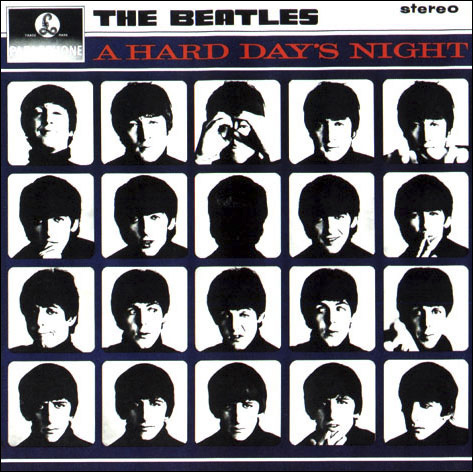

Jandek's "Blue Corpse" (old cassette copy made in the late 1980s) - prompted by Stuart Maconie playing some tracks the other day on "The Freak Zone" (BBC 6 Music).

Un álbum de Juan Carlos Quintero

Manuel Blasco De Nebra: Javier Perianes (Piano)
Sonatas (6) for Keyboard, Op. 1
Pastorela for Keyboard no 2
Pastorela for Keyboard no 6 in E minor
I may not have listened to this disc for another year or so had it not been for the intervention by Aleg awhile back and so it is him I have to thank. I have now heard De Nebra for the first time in my life and have a better idea who he was. De Nebra technically was born into the start of the Classical era (b: 1750) which was the year marked by the death of J.S. Bach, yet really carried on in the style of Scarlatti in his own way. A wonderful discovery and am glad to have this album.
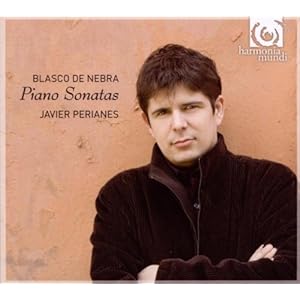

Cornetist Graham Haynes joins Naked Truth (Feliciati, Powell and Mastelotto) for their new release, Ouroboros, as they continue their explorations of the space between Jazz-Rock, Ambient and Cosmic Music/
A couple of tracks to sample - http://www.rarenoiserecords.co...ked-truth/ouroboros/


Some 70's vintage jazz...
Includes my favourite Ronnie Laws track. Always There. Great Crusaders style album (well it was produced by Wayne Henderson).
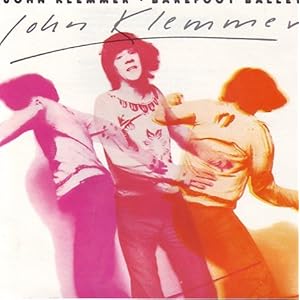
Hard album to pick up until it was re-released recently. I can also recommend his Touch disc. Two excellent late night listening albums.
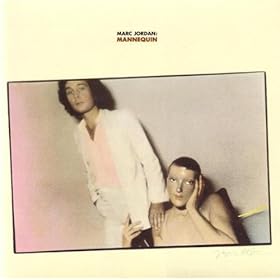

Some 'live' Love & Money tracks from Whispering Bob's show - starts around 1:11:00
James Grant talks to Bob - http://www.bbc.co.uk/programmes/b01nx1xt
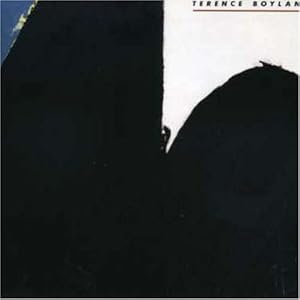
Sergei Prokofiev:
Concerto for Violin no 2 in G minor, Op. 63: Janine Jansen (Violin) Vladimir Jurowski London Philharmonic Orchestra
Sonata for 2 Violins in C major, Op. 56: Janine Jansen (Violin), Boris Brovtsyn (Violin)
Sonata for Violin and Piano no 1 in F minor, Op. 80: Janine Jansen (Violin), Itamar Golan (Piano)
I mainly bought this to feed my addiction to his two Sonatas for Violin and Piano and my fondness for any small scale chamber works - a piano with any stringed instrument(s). In this case we only get the F minor but I hope the future brings the D major and the Five Melodies. I admit that the Concerto and other Sonata are much more difficult (but not impossible) for me to relate to but the F minor recorded here though attracts me easily, makes perfect sense and leaves me spellbound. It has that veiled darkness and speaks of all sorts of evil but only as if in a dream - as viewed from a distant location. It is a wonderful piece which I hope to learn someday.
I like Janine Jansen and think she is just getting better with each album.

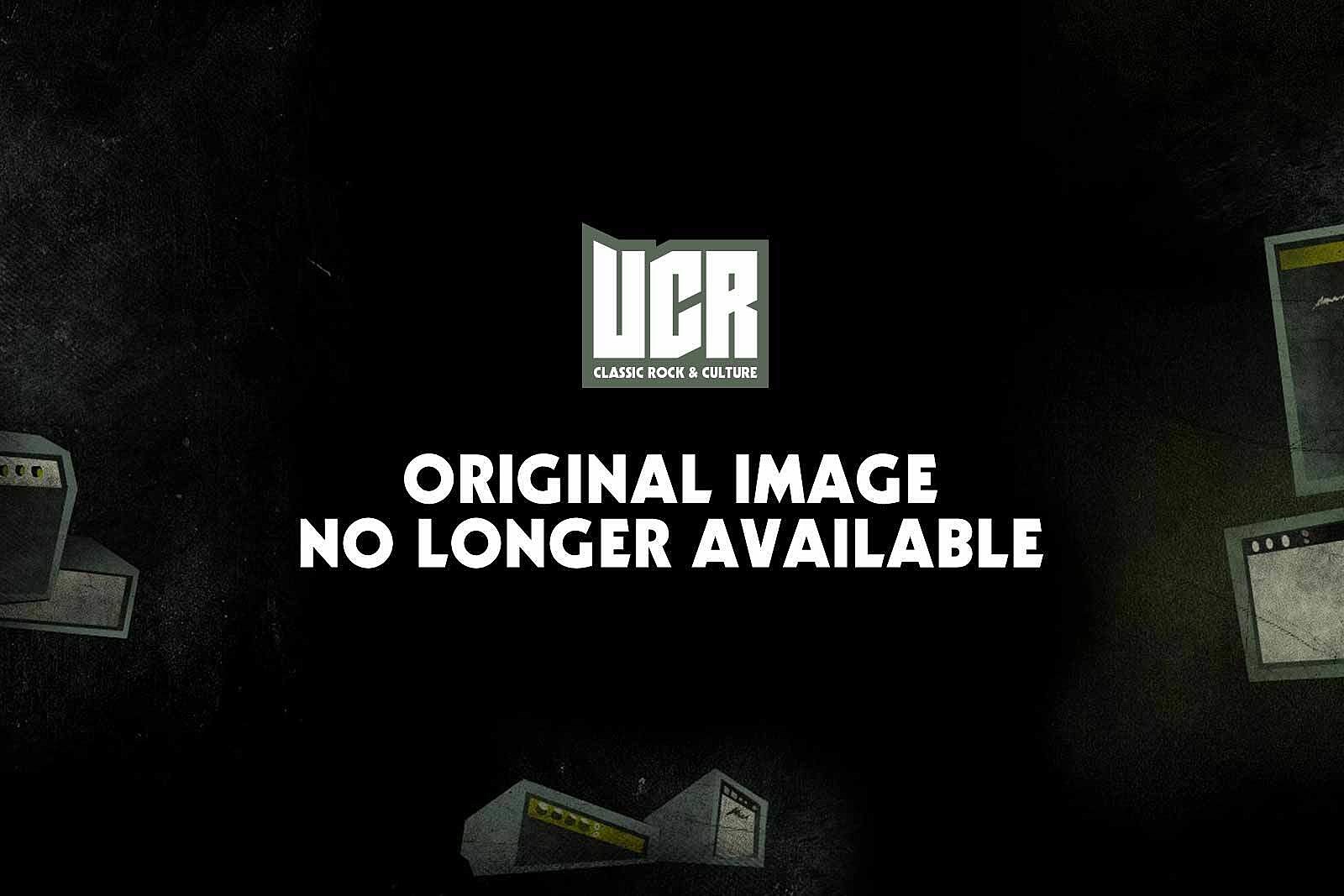
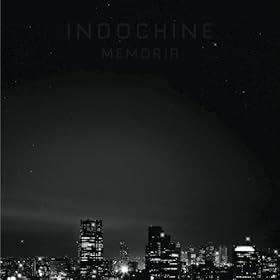
The superb new single from Indochine
On CD.
Because everyone needs a bit of Gristle in their lives.


Still prefer the original boot Brussels Affair over this download. Mick Taylor's guitar has been mixed further back on this version.
On CD.
Because everyone needs a bit of Gristle in their lives.

Makes Art of Noise sound like kids in the playground. ![]()
A great Sunday afternoon:
Tchaikovsky Forth, Schubert Great C Major, and then Brandenburg Concertos 4, 5 and 6. All fron Otto Klemperer and the Philharmonia in EMI recordings from 1960.
A great constant view point on very varied music!
ATB from George

2xLP album from the new stereo vinyl box-set : )
First time listing to this one, the first LP is like a night in the Caven Club...
(or how i imagine it).
Debs

Ken Burns Jazz - The Story of America's Music. 5 CD box set. From Ken Burns' 10-part, 19-hour documentary Jazz spans nearly a century of jazz styles.
CD1:
1. Star Dust (78rpm Version) Louis Armstrong & His Orchestra
2. Soon One Mornin' (Death Come A-Creepin' In My Room) Mississippi Fred McDowell
3. Memphis Blues Lieut. Jim Europe's 369th Infantry ("Hell Fighters") Band
4. Livery Stable Blues The Original Dixieland Jazz Band
5. Charleston James P. Johnson
6. Chimes Blues King Oliver'S Creole Jazz Band
7. Backwater Blues (78rpm Version) Bessie Smith
8. The Pearls Jelly Roll Morton
9. Dead Man Blues Jelly Roll Morton's Red Hot Peppers
10. Wild Cat Blues Clarence Williams' Blue Five (featuring Sidney Bechet)
11. Cake Walking Babies (From Home) Clarence Williams' Blue Five
12. Sugar Foot Stomp Fletcher Henderson And His Orchestra
13. Heebie Jeebies Louis Armstrong And His Hot Five
14. Potato Head Blues (78rpm Version) Louis Armstrong & His Hot Seven
15. West End Blues Louis Armstrong And His Hot Five
16. The Mooche (78rpm Version) Duke Ellington And His Orchestra
17. East St. Louis Toodle-Oo Duke Ellington & His Washingtonians
18. Black Beauty Duke Ellington
19. Mood Indigo The Jungle Band
20. There Ain't No Sweet Man (Worth The Salt Of My Tears) Paul Whiteman & His Orchestra
21. Singin' The Blues Frankie Trumbauer& His Orchestra (featuring Bix Beiderbecke)
22. Riverboat Shuffle Frank Trumbauer & His Orchestra; featuring Bix Beiderbecke
23. Hotter Than 'Ell Fletcher Henderson And His Orchestra
24. I Got Rhythm Ethel Waters
I've never watched the series, but I do enjoy the music. First heard this set in my favorite local bicycle shop years ago and picked it up. Very nice collection. Have not listened to it in a long time, so decided to get reacquainted.
Kitaro, Ten-Kai
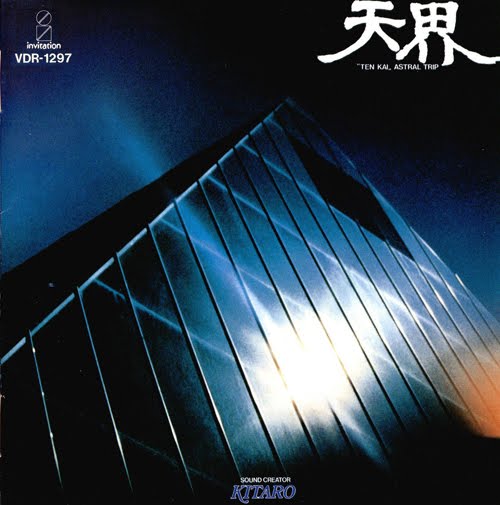
2012 vinyl from the box set

